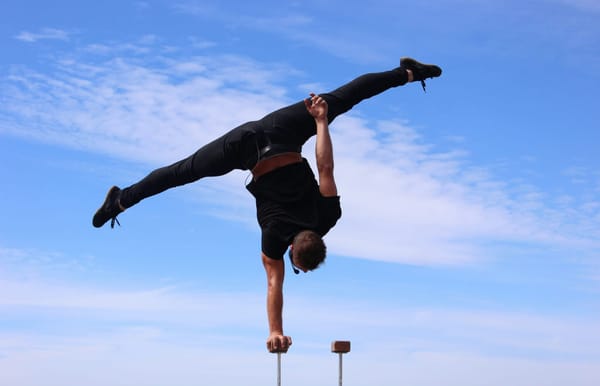Beside The Seaside
A piece from the summer 2017 archive of The Z Review
What does it mean to live nowhere near the sea, in the country most famous for its seaside? Bloody misery.
As virtually everyone knows, there is a village in Derbyshire that is officially furthest from the British coast. But my house is pretty far away, and is within a mile or two exactly the same distance from that famous seaside town: Southend-on-Sea. Now best know for its credit card processing factories, it was once a jewel of the English coast.
Close to London, and therefore accessible to millions, Southend bears the scars that so many of our seaside towns share. As the locals were lured away by cheap package holidays to Europe from the late 1960s, the British seaside holiday looked to be in terminal decline. Gone were the big work-organised coach and train holidays to our finest beaches. They were lucky if they could lure away even a day-tripper from their shiny new colour televisions.
I grew up near water. Not the sea, but the next best thing. The greatest tidal estuary these islands possess. The Humber. Home to the great ports of Hull, Grimsby and Immingham. Home, since 1981, to the longest single span suspension bridge in the entire world. Until, in 1998, it wasn't.
And so to the land-locked inner continent. Not exactly Joseph Conrad's Heart of Darkness, but you've got the right idea. We still rely on the sea around us for our weather. It is too humid in summer, too wet the rest of the year, and never hot. Not for long. But we never go beside the seaside. It's just too far for a day trip and yes, we prefer the reliable weather of the continent for the only week or two of the year we get to spend as family, free of mobile phones, tablets and the poisonous fumes they run on.
But, this year, a change. We are soon to set off seawards. In our own car, a virtual sitting room on wheels. It has music and air conditioning and cup holders. As much leg room as a human can use. No economy class dribbling into a warm sandwich for us! We'll take the slow road again, probably, with its views of Stonehenge. We will descend into Devon as it was in the 1950s. As it was, no doubt, in the 1850s. And we will sit eating chips, shielding them from gulls, followed by ice cream. Not that Italian gelato rubbish, but hard ice cream with little flecks of ice that break your teeth.
When I am settled into my striped deck chair, white knotted hankie on head, I will reflect that we really should live closer to the sea. Or, at least, a jolly good river.





